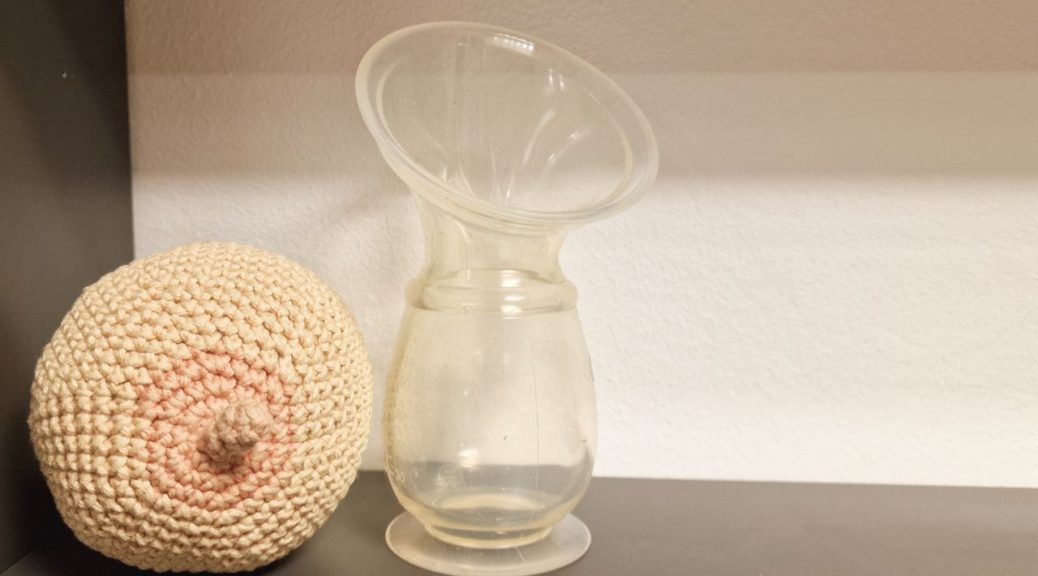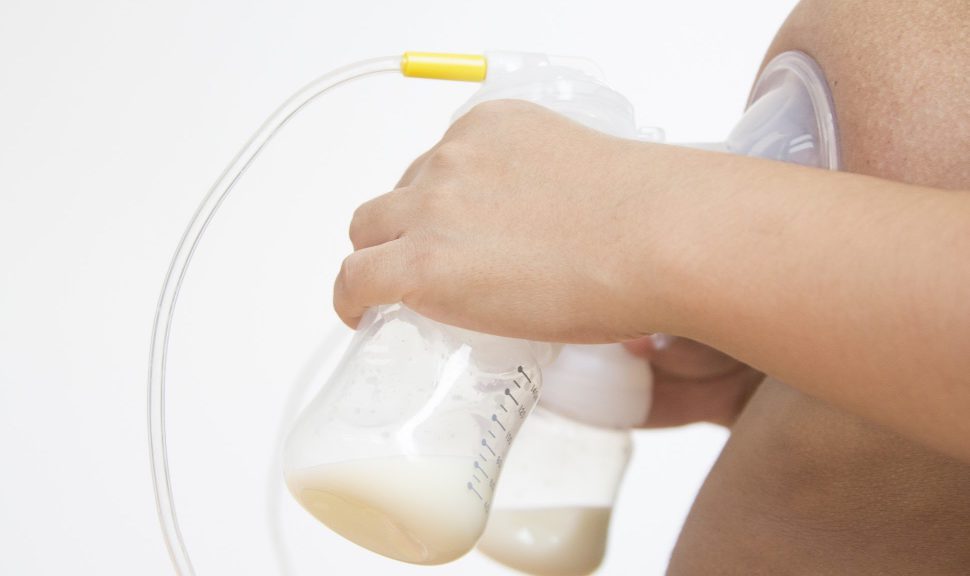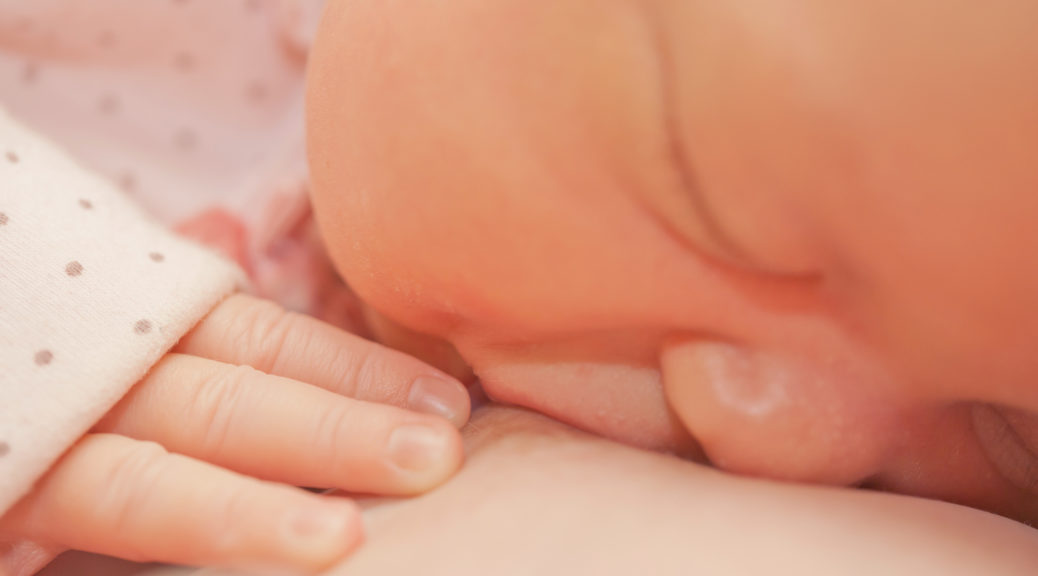Shall we use this holiday season for daytime weaning?
Daytime weaning (stopping to breastfeed during the day) is usually a long and slow process, at least compared with nighttime weaning. If you are thinking about weaning during the upcoming holiday season, there are advantages and disadvantages that you should know. From LactApp, we would like to make it easier for you to consider whether it is time to stop or if it is better to wait a little longer. We advise you not to wean during the holidays if…









